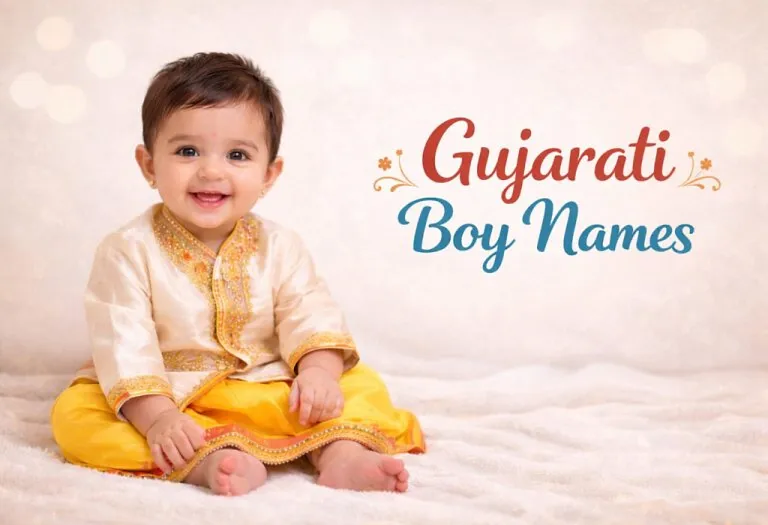When Do Babies Start Clapping: A Developmental Milestone

- When Do Babies Start Clapping?
- Why Do Babies Clap Hands?
- Which Skills Are Related With Clapping Hands?
- How to Encourage Your Baby to Clap Hands
- What If My Baby Doesn’t Clap?
- What Milestones You Should Expect After Baby Learns to Clap
- When to Consult a Doctor
- FAQs
As a baby starts growing up, there are numerous signs we tend to keep looking out for. The first smile, the first word, and many others are major milestones that not only help mark the normal milestones of growth but are moments to be treasured as well. When do babies learn to clap? The clapping milestone is another significant development as a baby begins to use their hands in a purposeful way. For a baby, to learn to clap is a small milestone too, as a child not only discovers his hands but also learns to use both of them together to express an emotion, a sign of growing coordination and communication skills.
When Do Babies Start Clapping?
There is no specific baby clapping milestone age as such, since the time when a baby claps his hands is unique for each kid. Newborn children usually have their fists curled up and rarely make use of their hands in the early stages. As time passes by, around 12 weeks or so, babies start discovering their hands and learn they are a part of the body. Around 24 weeks, they can attempt to start holding things or switch them between hands. As they complete 30 weeks, most babies can hold things properly and bang them here and there.
It is around this stage of 25 to 30 weeks that a baby might clap for the first time and be surprised by it. They usually do that by observing someone using their hands in a similar manner. Their palms may not touch exactly but the motion is reminiscent of clapping for sure.
Why Do Babies Clap Hands?
As adults, we tend to clap our hands for numerous reasons ranging from personal to social. It could be applause or to grab someone’s attention or simply an expression of our own. For babies, the reasons are a combination of personal and social as well.
1. Sense of Achievement
Babies are skilled observers and they tend to pick up social signs and cues rapidly. Most parents begin to encourage their children to carry out certain activities and then clap their hands when the kid gets it done. This aspect of validation is what a child starts understanding pretty soon. Therefore, a child may clap for himself as well if he manages to do something that was asked of him or he had set his own mind onto.
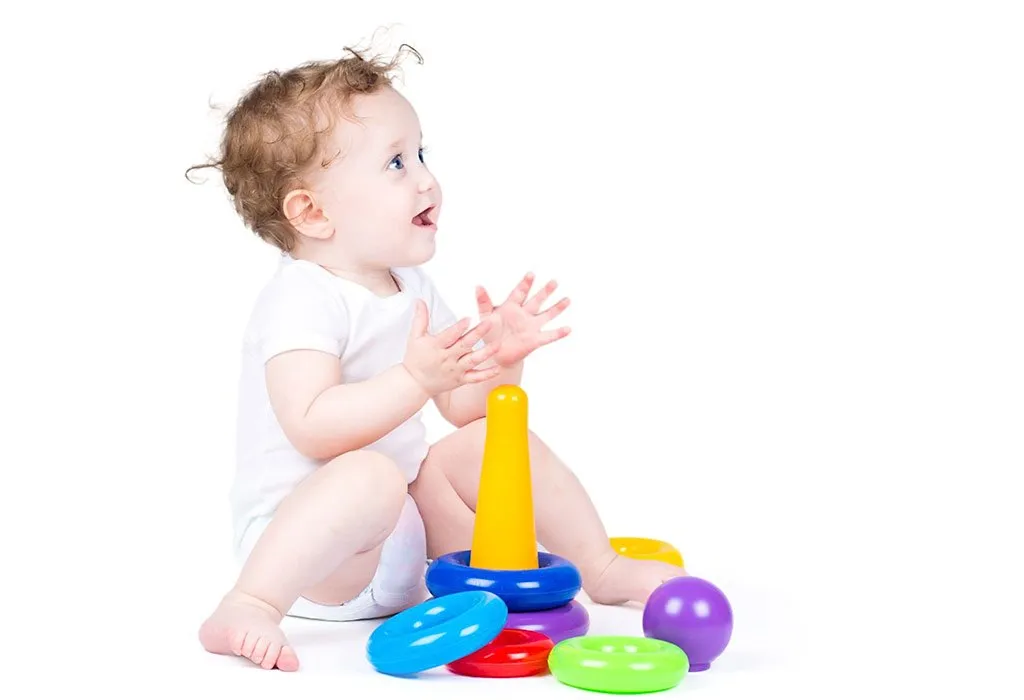
2. Vision Skills
To know when should a baby start clapping hands, it is important to realize that a baby needs to discover his hands first. It is only when a child understands the presence of his limbs and the degree of control he has over them that he may attempt to clap. At times, a child may simply be checking his own vision skills and wondering what happens if two hands meet slowly and speedily. The sound of clap could be a result of this exploration.
3. Motor Skills
This is one of the prime ages for the motor skills of your child to start developing. Right from holding objects to throwing them or passing them around, most of these are signs of your little one getting used to the possibilities that there are with his own limbs. Clapping is also a way of him improving his motor skills and learning the best way of coordinating two hands to move towards each other in the same arc at the same time.
Which Skills Are Related With Clapping Hands?
Clapping hands is a significant developmental milestone in babies, and several skills are associated with this action:
- Motor Skills: Clapping requires fine and gross motor coordination. Babies need to develop the ability to bring both hands together with control, which helps improve hand-eye coordination and muscle strength.
- Cognitive Development: Clapping is often a response to social interaction, helping babies connect actions with outcomes. It reflects their ability to understand cause and effect, as well as recognition of social cues.
- Communication Skills: Babies often clap in response to positive stimuli like attention or approval, which marks an early form of communication. This behavior also signals the beginnings of social communication as babies learn to express excitement or joy.
- Social Skills: Clapping is a social gesture. As babies see others clap and receive positive reinforcement, they start to mimic the behavior, which is a sign of their growing awareness of social norms and interactions.
- Emotional Development: Clapping hands can be a way for babies to express excitement, happiness, or appreciation, which indicates the development of emotional expression and recognition.
- Sensory Development: The act of clapping involves auditory feedback, helping babies understand sound and rhythm, which is part of sensory development.
How to Encourage Your Baby to Clap Hands
When parents wonder how to teach a baby to clap, it needs to be understood there isn’t a necessity to specifically teach them as such. With the skills of observation and slight encouragement, your child can start clapping by himself.
- Mix clapping with other activities. If you are playing with him, start clapping rapidly and then wait for some time. With enough repetition, your child might pick on it and try to imitate your actions. If needed, you can hold his hands gently and mimic the motion slowly. Don’t move them rapidly as that is bound to scare the child.

- Combine your clapping with laughter. That is one of the ways your child understands to associate the act with positive emotion. Let your laughter be loud and your clapping exaggerated. Your child needs some time to process the motion of the hand and try to repeat it.
- While clapping, hold your hands near your face and keep talking to your baby. This maintains a single point of focus and your baby will be able to see the hands clapping quite easily.
- Don’t clap out of the blue while your baby is sleeping or has just awoken. Introduce this when he is in a playful mood or make it a habit to clap together when feeding is completed.
- Never rush. There’s no race to be won by learning to clap. Enjoy how your kid picks up the skill and love him for that.
What If My Baby Doesn’t Clap?
Babies can reach developmental milestones at different ages, and there may be variations in abilities among babies of the same age. Therefore, if your baby hasn’t started clapping yet, there’s no need to worry. They may begin clapping by around 12 months. However, if your one-year-old isn’t imitating clapping or other gestures, doesn’t point at objects, or appears to be losing skills, it’s a good idea to consult a pediatrician. The doctor will evaluate the baby’s overall developmental progress to identify any potential delays.
What Milestones You Should Expect After Baby Learns to Clap
After your baby learns to clap, it’s an exciting time as they continue to develop a range of new skills. Here are a few milestones you can expect after your baby learns to clap:
- Improved Hand-Eye Coordination: Your baby will begin to use their hands more purposefully, such as reaching for and grasping objects with better control.
- Increased Social Interaction: Babies often start clapping in response to others, signaling a growing awareness of social cues and interactions.
- Imitative Play: Your baby will likely begin mimicking other actions, such as waving or clapping when prompted, showing increased imitation skills.
- First Words and Gestures: With clapping as a form of communication, your baby may begin to combine gestures with simple words or sounds to express emotions.
- Crawling or Cruising: As their motor skills develop, your baby may soon be ready to crawl or pull themselves up to stand, as clapping is often accompanied by physical activity.
When to Consult a Doctor
Though there is no precise infant clapping milestone, most children start using their hands by completing 6 months of age or a little more, even if they cannot clap. In case your child does not show any movement or even any interest when you clap, he might be suffering from a developmental disorder and needs to be checked by the doctor soon.
FAQs
1. Is it normal for a baby to clap with one hand?
It’s not uncommon for babies to initially clap with one hand or struggle to bring both hands together. Over time, as they refine their motor skills, they will likely learn to clap using both hands simultaneously. Patience and practice will help your baby achieve this milestone.
2. Can clapping be a sign of communication delay?
Clapping is often a social and communicative gesture. If your baby hasn’t started clapping by around 12 months and isn’t showing other social behaviors, like pointing or making eye contact, it might be helpful to consult with a pediatrician to assess their development.
3. What if my baby claps but seems disinterested in other social gestures?
If your baby claps but seems uninterested in other social gestures, like waving or responding to their name, it might be a sign of developmental differences. Encouraging social interaction and observing other behaviors will provide helpful insights, and a pediatrician can evaluate your baby’s developmental milestones.
The social benefit of clapping is immense as it is a combination of happiness and validation, which is what supports human life in a society. If your kid picks it up quickly, it will help him develop the basics of communication.
References/Resources:
1. When Will Baby Clap and What Does it Mean?; Pathways.org.; https://pathways.org/when-will-baby-clap-and-what-does-it-mean/
2. Fine motor skills: birth to 2 years; Children’s Hospital of Richmond at VCU; https://www.chrichmond.org/services/therapy-services/developmental-milestones/fine-motor-skills-birth-to-2-years
3. Milestone Moments; CDC; https://www.cdc.gov/ncbddd/actearly/pdf/parents_pdfs/milestonemomentseng508.pdf
4. Enhancing and Practicing Executive Function Skills with Children from Infancy to Adolescence; Harvard University; https://children.wi.gov/Documents/Harvard%20Parenting%20Resource.pdf
5. Cognitive Development in Infants: 8 to 12 Months. American Academy of Pediatrics; https://www.healthychildren.org/English/ages-stages/baby/Pages/Cognitive-Development-8-to-12-Months.aspx
6. Important Milestones: Your Baby By Fifteen Months; CDC; https://www.cdc.gov/ncbddd/actearly/milestones/milestones-15mo.html
7. Types of Developmental Delays in Children; Hassenfeld Children’s Hospital at NYU Langone; https://nyulangone.org/conditions/developmental-delays-in-children/types
Also Read:
Baby Crawling Milestone
Baby Talking Milestone
Baby Speaking Milestone
When Do Babies Start Rolling Over?
Was This Article Helpful?
Parenting is a huge responsibility, for you as a caregiver, but also for us as a parenting content platform. We understand that and take our responsibility of creating credible content seriously. FirstCry Parenting articles are written and published only after extensive research using factually sound references to deliver quality content that is accurate, validated by experts, and completely reliable. To understand how we go about creating content that is credible, read our editorial policy here.







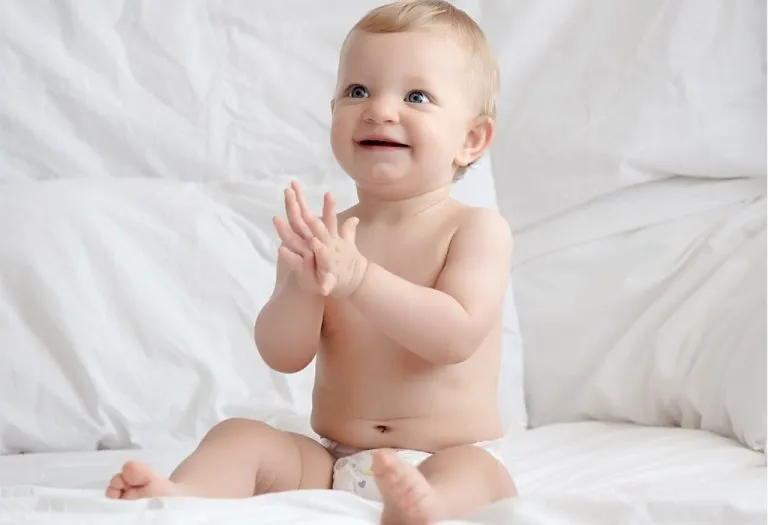
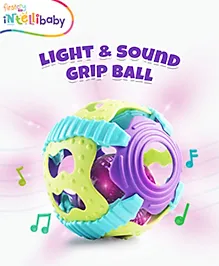
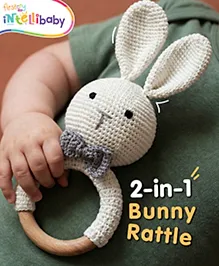
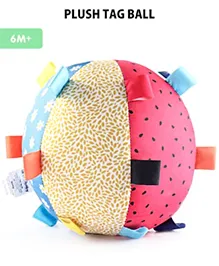
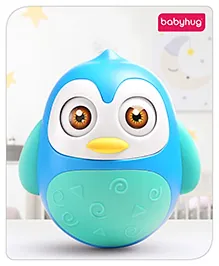
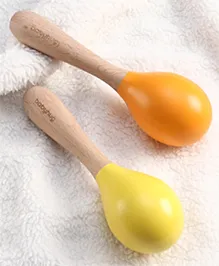
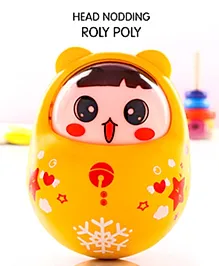
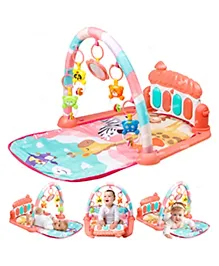
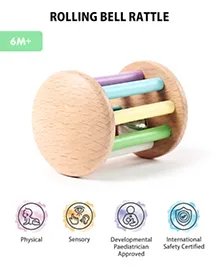
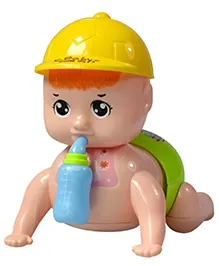
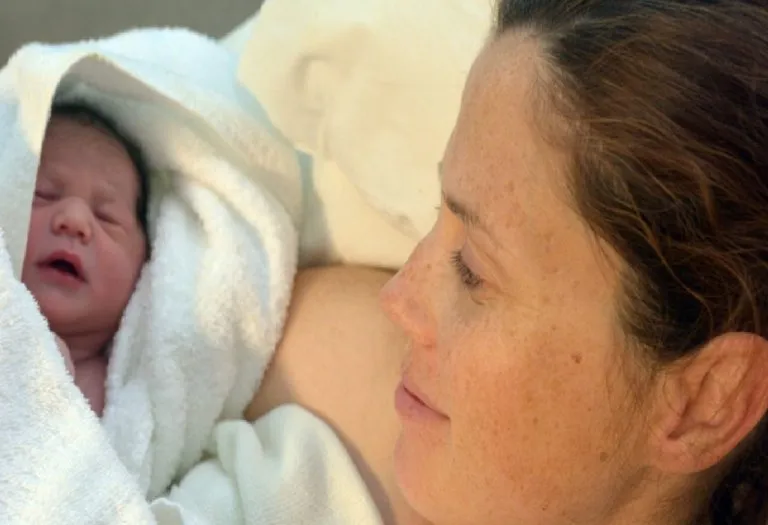
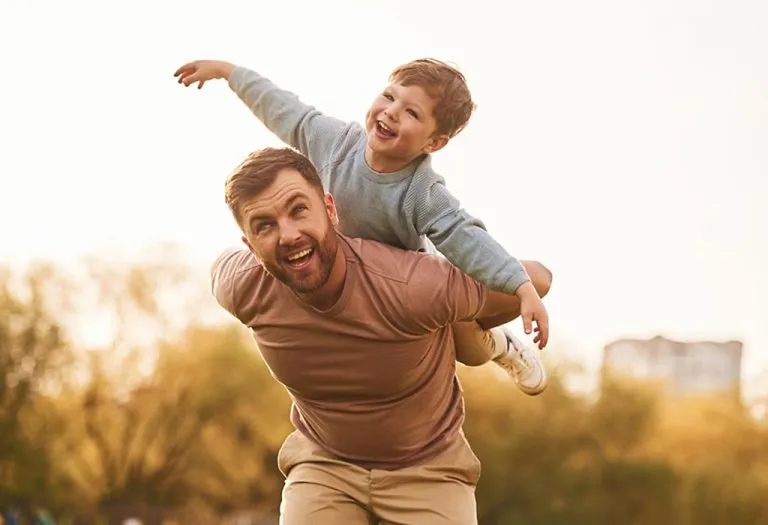
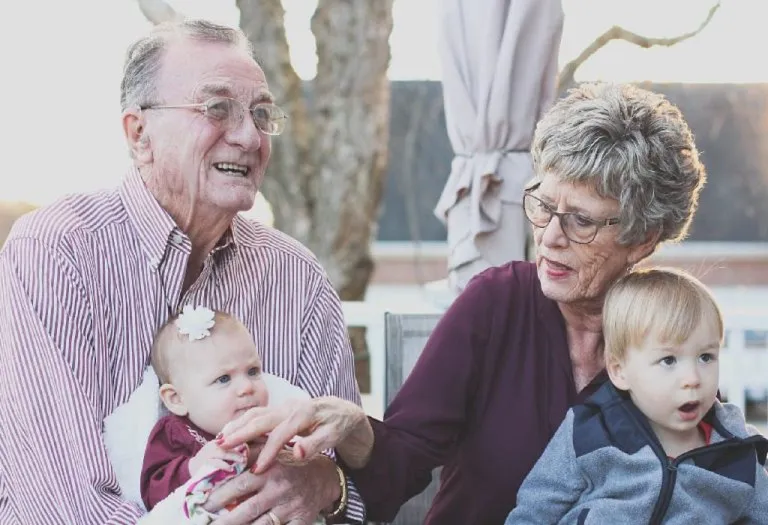
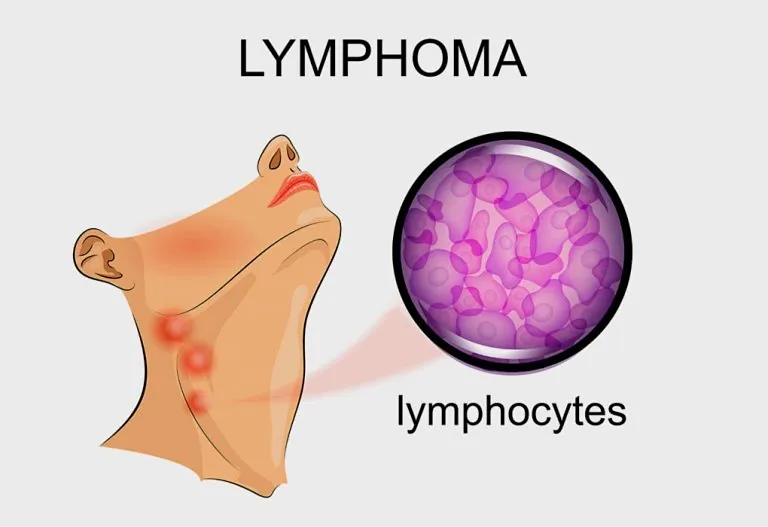
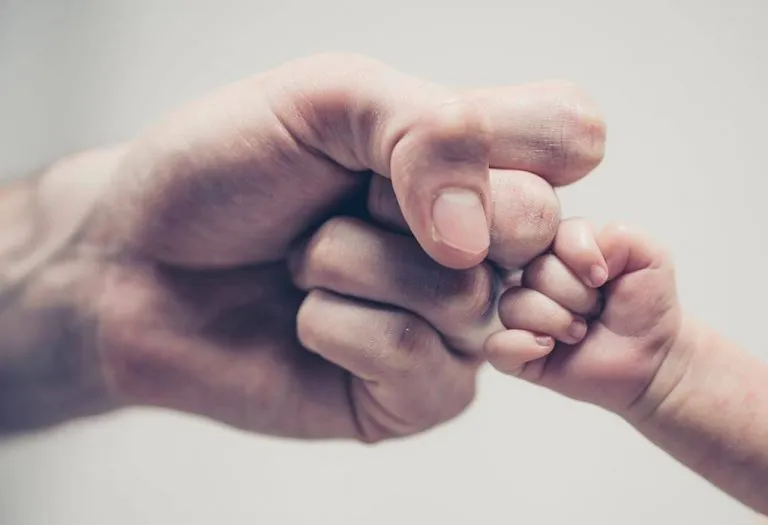
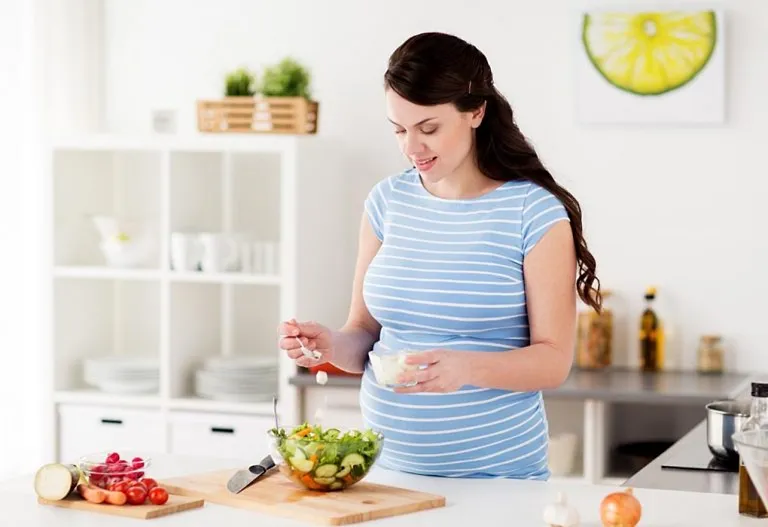

.svg)










